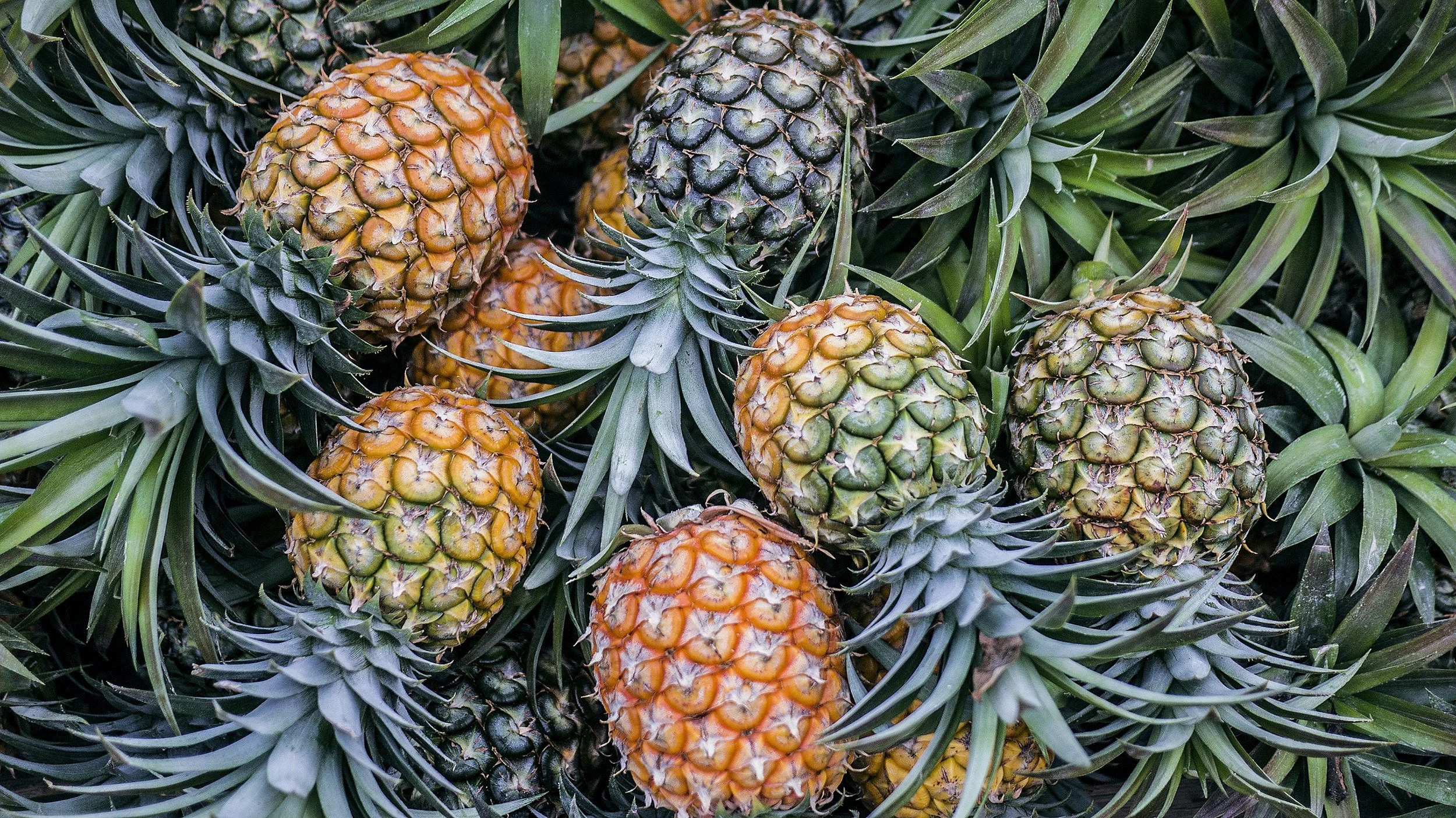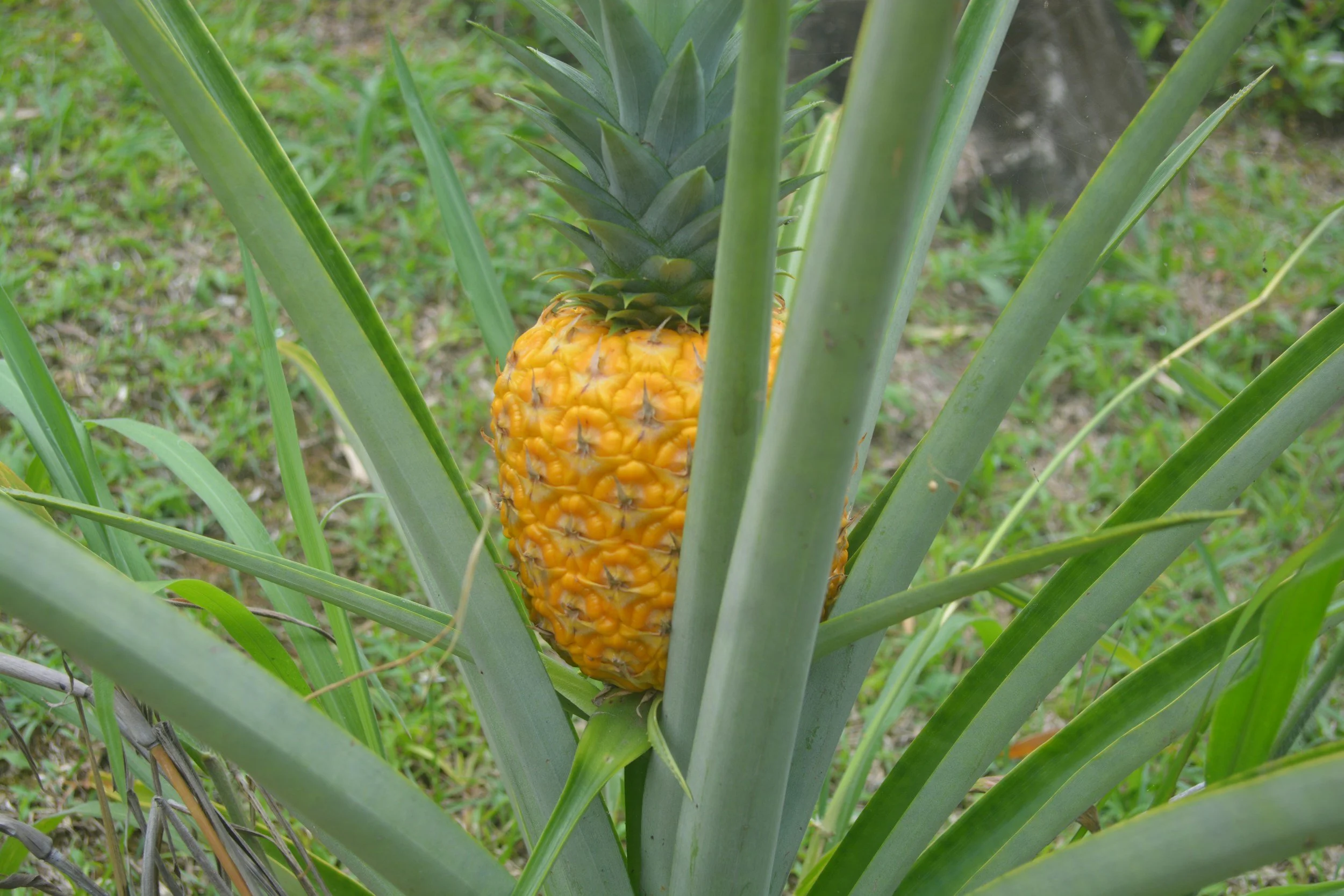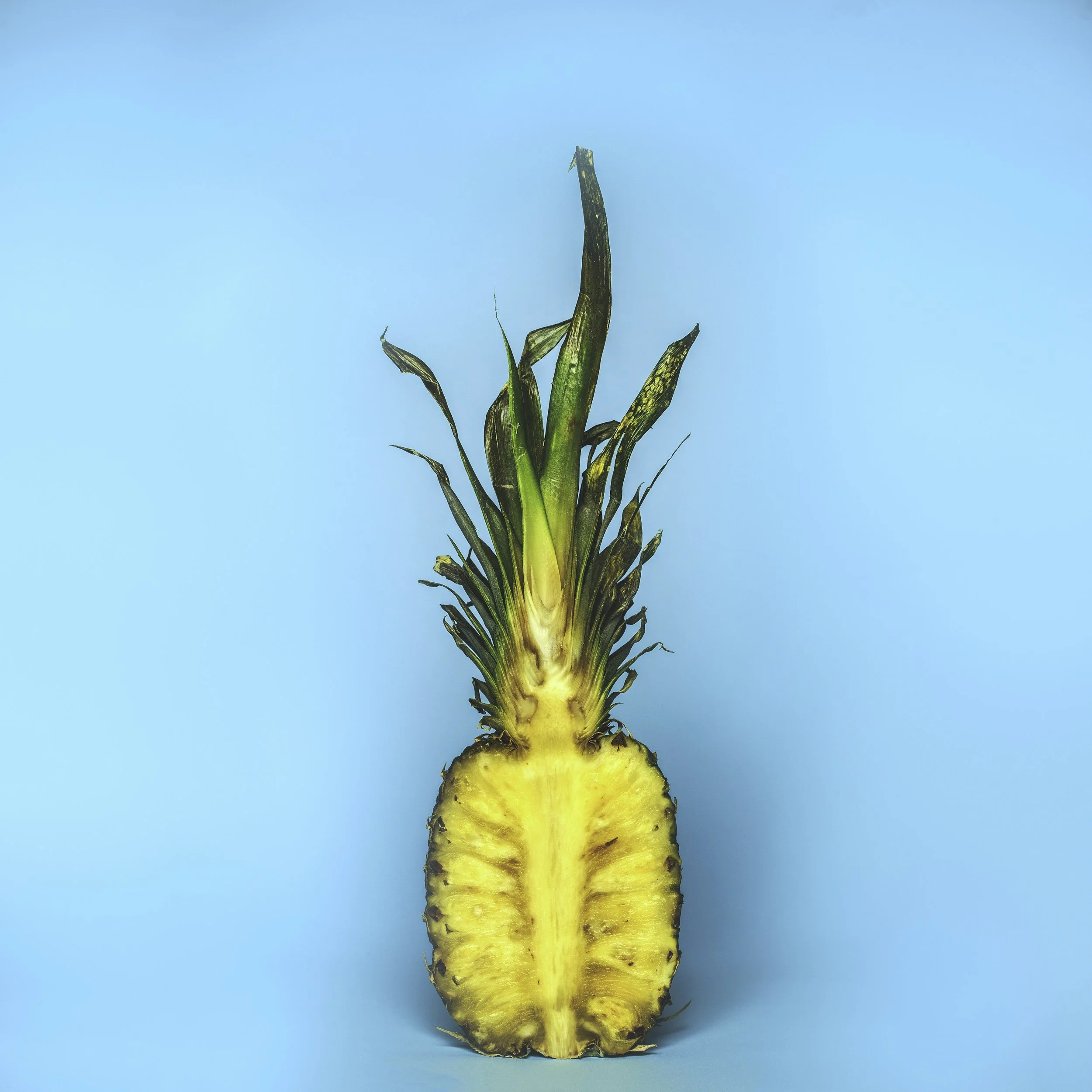Pineapple Peel Tea for Lymphatic Health
Pineapple Peel Tea for Lymphatic Health
Another “Quell the Swell” Tea Recipe
Have you been tossing out your pineapple peels like I used to?
If so—you’ve been throwing away one of the most powerful parts of the fruit for your lymphatic health!
This simple pineapple peel tea has become a favorite in my home. It helps reduce swelling, saves money, reduces food waste, and offers a powerful dose of lymph-loving nutrients.
Whether you’re living with lymphedema or simply looking for ways to support your lymphatic health, this tea is a gentle place to start.
I first came across the idea a few years ago when I first heart about the benefits of bromelain and as was looking for what foods and herbs contain it. I began experimenting with it myself and over time, I noticed a difference in my swelling—and it’s become one of my go-to self-care practices. I’m sharing it here in case it can be a simple, tasty support for you too. I like it in the summer, when seasons shift or when I am feeling puffy or I am having a flare-up.
Why Pineapple Peels?
Most of us know fresh pineapple is delicious and hydrating—but did you know the peel and core actually have the highest concentration of bromelain?
Bromelain is a protein-digesting enzyme (a secondary metabolite) that supports:
Lymphatic flow by breaking down old proteins in the body.
Gut health by helping microbes digest proteins from food.
Skin renewal by clearing out worn-out proteins so new cells can thrive.
Every single day your body replaces about 3 billion cells—and bromelain helps process that cellular “refuse.” No wonder it’s a buzzword in lymphatic health circles!
But here’s the best part: you don’t need pricey bromelain pills. You can get it straight from the pineapple you’re already buying—especially the peel.
A pineapple growing in the wild.
Extra Nutrients in the Peel & Core
Alongside bromelain, pineapple peels are rich in:
Magnesium
Potassium
Vitamin C
Beta-carotene
Manganese
All of which play a role in reducing inflammation, supporting circulation, and nourishing your lymphatic system.
Look at the shape of the inner core inside?! Keep it and add it to your simmer pot. It has an incredible amount of bromelain.
My Pineapple Peel Tea Recipe
I like to add a few other ingredients to boost both flavor and lymphatic benefits—like ginger, turmeric, citrus peel, and black pepper.
Ingredients:
Peels + core from 1 organic pineapple (washed well)
1–2 inch piece fresh ginger root, sliced
1 tsp turmeric powder (or 1 inch fresh turmeric, sliced)
Pinch of black pepper (to activate turmeric)
Peels from 1 orange or lemon (optional, for extra citrusy flavor)
8 cups water
Instructions:
Wash the pineapple thoroughly before peeling.
Add the pineapple peels, core, and all other ingredients to a large pot with the water.
Bring to a boil, then reduce to a simmer for 25–30 minutes.
Strain and enjoy warm, or chill for a refreshing iced tea.
I often keep a jar in the fridge and sip it throughout the day. It’s soothing, hydrating, and I love knowing I’m getting all those hidden benefits from something I used to throw away.
✨ Next time you buy a pineapple, don’t toss the peel—turn it into this nourishing tea instead. Your lymphatic system will thank you!
💌 Want more tips like this?
If you loved this recipe and you’re curious about holistic ways to support your lymphatic health, I’d love to share more with you. Join my newsletter for simple self-care practices, herbal wisdom, and seasonal lifestyle tips for thriving with lymphedema (and beyond).
👉 Click here to sign up for my free self-care guide + newsletter
Disclaimer: This blog is for educational and informational purposes only and reflects my personal experience. It is not intended as medical advice. Please consult your healthcare provider before making changes to your diet, or supplements.

Pineapple Peel Lymph-loving Tea
Ingredients
- Peels from 1 large Pineapple (organically grown), peeled & cored
- 1 Lemon or Lime, sliced in rounds
- 2 Oranges, sliced in rounds
- 4 in. piece of Ginger root, peeled & chopped
- 3-5 Black peppercorns, whole
- 1-2 tbsp. Burdock Root (optional)
- 2 cinnamon sticks
- 5 cloves
- 10 cups filtered water
Instructions
- First step, is to wash the pineapple in a bath of water with 2 tbsp. apple cider vinegar, or 2 tbsp. baking soda to the water, which helps kill any bacteria on the peel. Set aside for 30+ min.
- While pineapple is soaking, prep by chopping and measuring your other ingredients (from 3-9 noted above).
- Rinse pineapple and place on cutting board to cut off the peel and core the pineapple. Place vertical and cut off the base in a round and cut off the top, so it's sitting line a cylinder. Cut off the peel in vertical strips. Then cut off the fruit until you are left with the core.
- Place the peels and core of the pineapple in large saucepan pot with 10 cups water all other ingredients.
- Bring to a boil, then simmer for 1 hour.
- Then take off stove and let cool.
- TIP: To turn your infusion in a concentrate for making a syrup, put lid slightly ajar. Take off stove after 1 hour and you should have 4-5 cups of infusion left over.
- Once it's cooled, strain through a mesh strainer. NOTE: If making the tea version, you will have 6-8 c. infusion, if making a concentrate for syrup, you will have 4-5 cups.
- Keep ingredients to make another infusion if you like. It will be a bit weaker in flavour, than the first batch, but still reasonable. Or compost the ingredients from your infusion.
- Pour yourself mug and enjoy the tea, add honey to taste.
- If making the syrup: While the infusion is still warm, measure out 1 cup honey for every cup concentrate. Place in a bottle and keep in the fridge for approx 2 months. To keep longer, add 1-2 tbs. brandy or other alcohol of choice.
- Once you have strained your pineapple peel infusion, you can put it in a glass jar and keep it in the fridge. Without honey, it will last approx. 4-5 days before it begins to ferment.
- I usually make some of the tea into a syrup to store in the fridge for longer, as the syrup will last approx. 3 months.
- To make tea from the syrup, boil filtered water, let cool to 70 degrees Celsius, then add 1-2 tbsp syrup to 2 c. water. Enjoy!
Nutrition Facts
Calories
111.06Fat
0.37 gSat. Fat
0.05 gCarbs
29.15 gFiber
4.57 gNet carbs
24.59 gSugar
19.6 gProtein
1.63 gSodium
22.98 mgPotassium
306.66 mgMagnesium
32.5 mgCalcium
68.88 mgVitamin C
105.25 mgVitamin A
193.77 IUSelenium
0.55 µgAll information presented and written within lymph well.life are intended for informational purposes only. LymphWell.life occasionally offers nutritional information for recipes contained on this site. This information is provided as a courtesy and is an estimate only. This information comes from online calculators. Although lymph well.life attempts to provide accurate nutritional information, these figures are only estimates.




